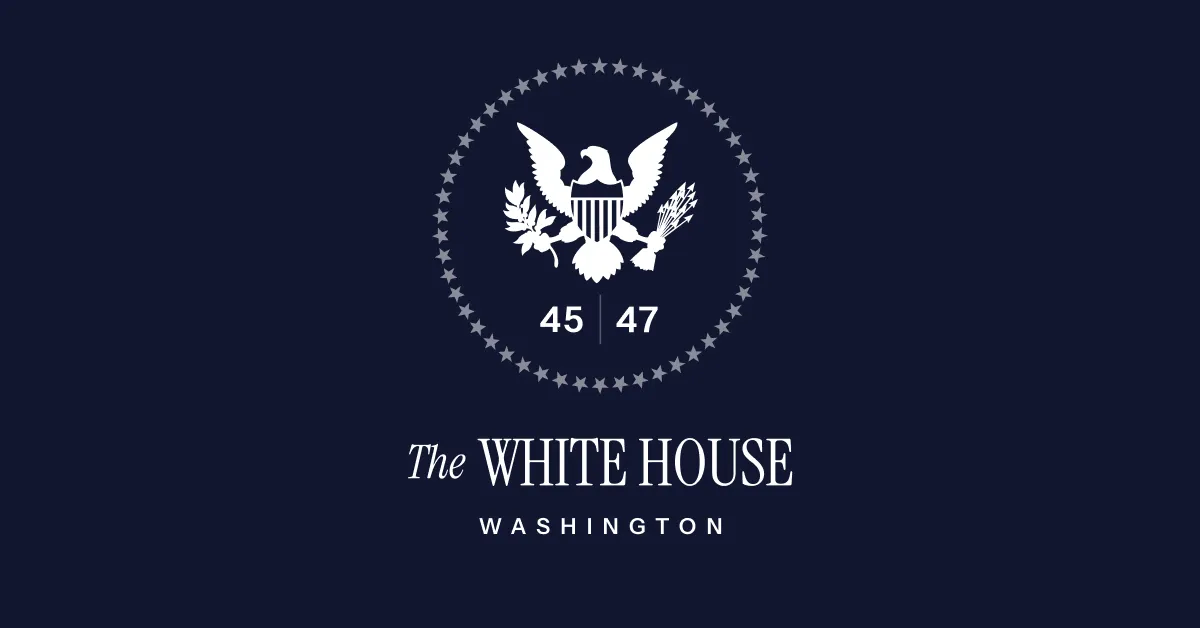
In a recent proclamation, Donald J. Trump, the President of the United States, invoked his authority under the Constitution and various laws, including the International Emergency Economic Powers Act (50 U.S.C. 1701 et seq.) and the National Emergencies Act (50 U.S.C. 1601 et seq.), to address the ongoing national emergency related to Venezuela. This order builds upon Executive Order 13692, originally issued on March 8, 2015, which aimed to block property and suspend entry for individuals contributing to the crisis in Venezuela, and was recently extended on February 27, 2025.
President Trump identified the actions and policies of the Nicolás Maduro regime as a significant threat to U.S. national security and foreign policy. The involvement of the Tren de Aragua gang, a Venezuelan transnational criminal organization designated as a Foreign Terrorist Organization, exacerbates this threat. Their activities, including violent crimes and kidnappings, have destabilized communities across the Western Hemisphere, leading to serious concerns about security in the United States.
The President stated that the previous administration's open-borders policies enabled members of the Tren de Aragua to infiltrate the U.S., further endangering American citizens. The Maduro regime's failure to control its borders not only facilitated the gang's operations within Venezuela but also worsened the broader illegal immigration crisis.
The new order reaffirms that existing sanctions against Venezuela, established by multiple executive orders, remain in effect. These sanctions are a response to the Maduro regime's systematic undermining of democracy, economic mismanagement, and public corruption, which have severely impacted the Venezuelan population and contributed to a humanitarian crisis.
The order outlines the regime's ongoing actions that threaten U.S. interests, including:
Suppression of democratic institutions through illegitimate elections and power consolidation. Economic mismanagement leading to widespread public corruption. Humanitarian crises resulting from the regime's policies. Destabilization of the Western Hemisphere due to forced migration, placing burdens on neighboring countries.Effective April 2, 2025, the President has authorized the imposition of a 25 percent tariff on all goods imported into the United States from countries importing Venezuelan oil, whether directly or indirectly. This measure is aimed at reducing the financial resources available to the Maduro regime and the Tren de Aragua gang.
The Secretary of State, in collaboration with the Secretary of the Treasury, Secretary of Commerce, Secretary of Homeland Security, and the United States Trade Representative, will determine the applicability of the tariff based on imports of Venezuelan oil. The tariffs will be enforced for one year following the last date of importation unless lifted earlier based on further assessments.
The administration of these tariffs will be overseen by the Secretary of State and other key officials. They will coordinate efforts to ensure compliance and determine the origins of imported oil, including those acquired through third-party countries. This is crucial for preventing evasion and ensuring that the sanctions effectively target Venezuelan oil exports.
To ensure accountability and effectiveness, the Secretary of State and the Secretary of Commerce are required to submit periodic reports to the President. These reports will assess the impact of the imposed tariffs and the conduct of the Maduro regime, providing critical insights into the evolving situation in Venezuela.
This order represents a significant step in addressing the complex challenges posed by the Maduro regime and the activities of the Tren de Aragua gang. By imposing tariffs on Venezuelan oil and maintaining existing sanctions, the United States aims to safeguard its national security interests while responding to the humanitarian needs arising from the ongoing crisis in Venezuela.
As the situation develops, it will be essential to monitor the implications of these measures on both U.S. foreign policy and the stability of the region.